Invitation Only / Theater Company In Residence
Addiction Performance Project at Odyssey House
This event has ended.
View upcoming events.
About the play
-
Long Day's Journey Into Night by Eugene O'neill
Eugene O'Neill's Long Day's Journey into Night depicts the struggles of Mary Tyrone, a woman who abuses prescription painkillers and relapses into full-blown morphine addiction. It is also the story of how Mary's addiction rips her family apart, as her morphine use slowly becomes apparent to her husband and two sons, who struggle with alcohol abuse and addiction. It is widely believed that Long Day's Journey into Night is an autobiographical play, and that the troubled characters in it are based on members of O'Neill's own family, including his mother, Ella, who struggled with morphine addiction for most of her life. In his dedication of the play to his wife Carlotta, O'Neill states that it is a "play of old sorrow, written in tears and blood," and that he wrote it "with deep pity and understanding and forgiveness for all the four haunted Tyrones." O'Neill wrote the play for personal reasons, and the Addiction Performance Project present the plays to diverse audiences to elicit personal responses and candid discussion about addiction.
Cast Members
-
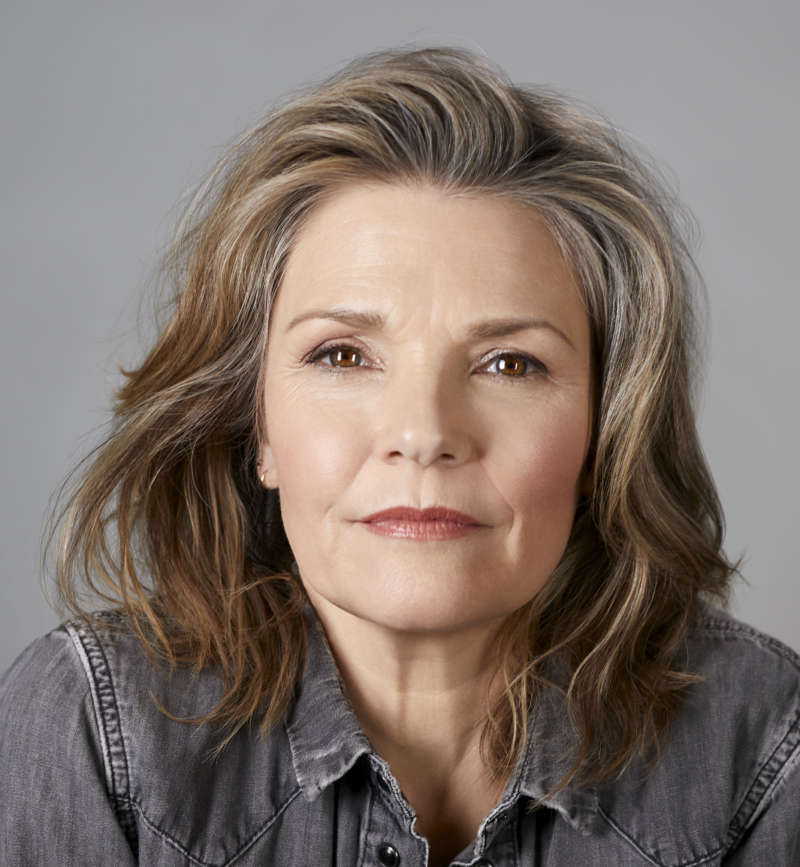
Kathryn Erbe
-

Marjolaine Goldsmith
-
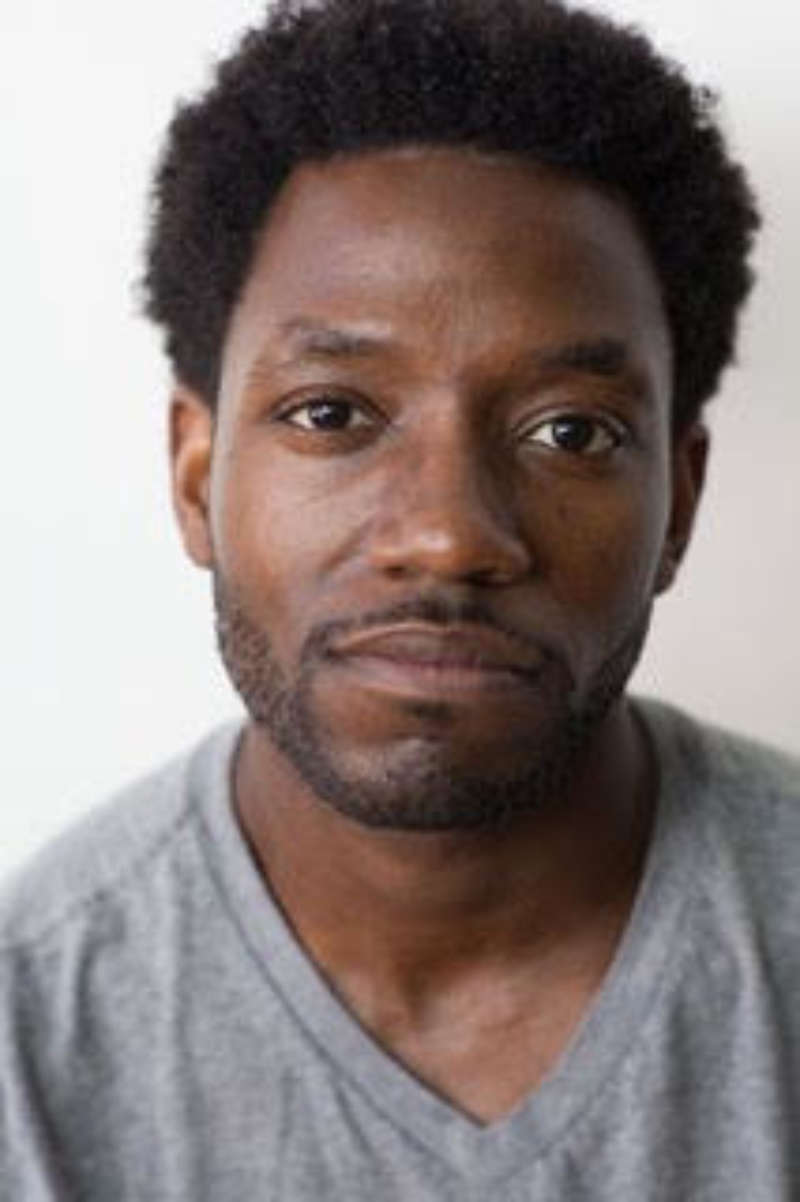
Chinaza Uche
-

Reed Birney
Explore Projects
-
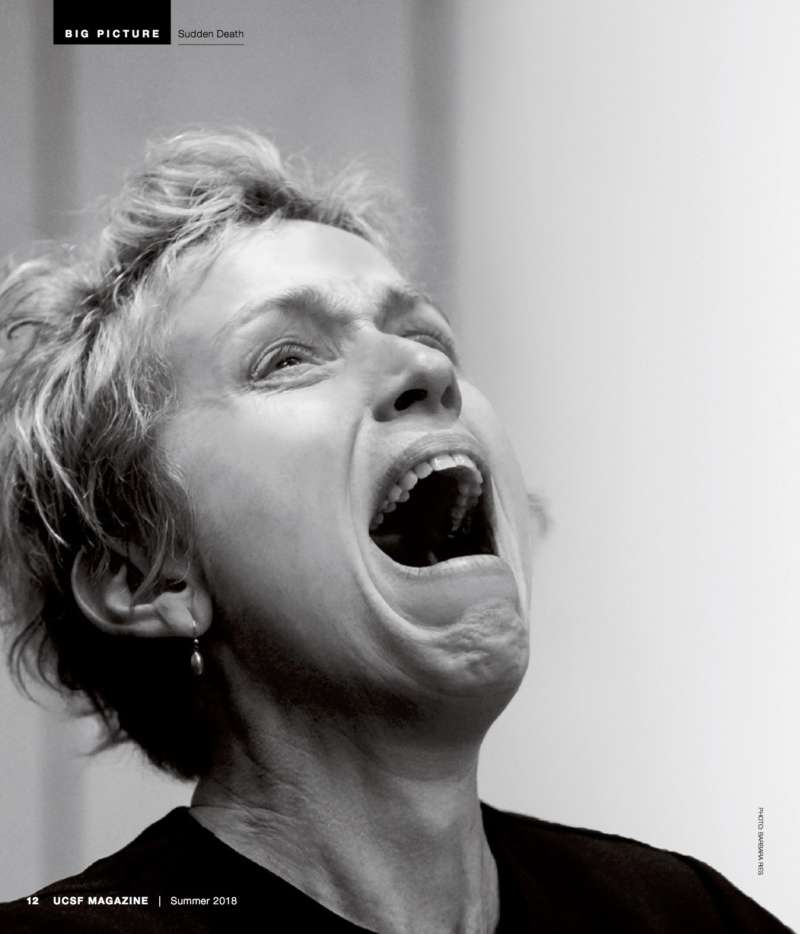 Caregiving & DeathEnd of Life
Caregiving & DeathEnd of LifeEnd of Life presents readings of ancient Greek plays in public settings and medical communities as a catalyst for facilitated discussions about challenges faced by patients, families, and health professionals today around end of life care. This unique, participatory event is intended to promote powerful, open discussion among diverse communities - public and professional - fostering compassion, cooperation, and understanding about living with chronic suffering and the mortality we all share.
-
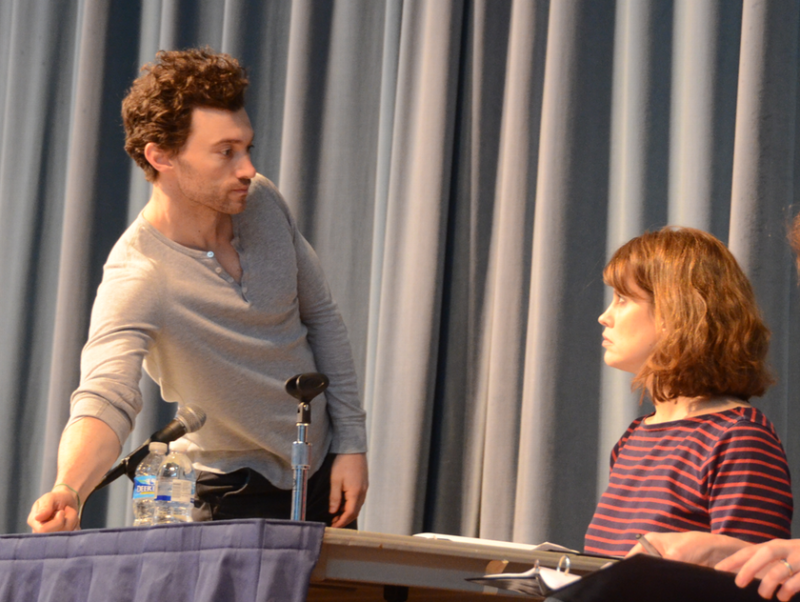 Domestic ViolenceDomestic Violence Project
Domestic ViolenceDomestic Violence ProjectAddressing the impact of domestic violence on individuals, families, and communities, the Domestic Violence Project premiered in Maine in April 2013 and will be touring all five boroughs of New York City under the current PAIR residency.
-
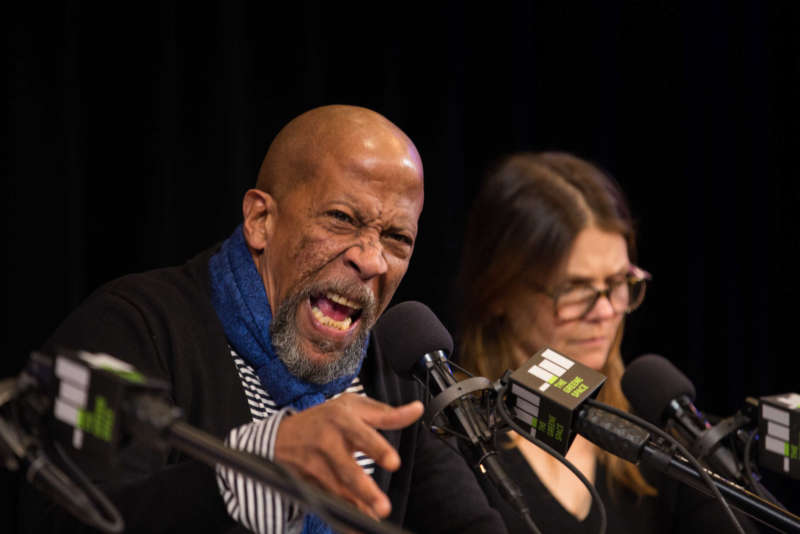 War & Mental HealthTheater of War
War & Mental HealthTheater of WarRooted in discussions about the invisible and visible wounds of war, the company’s hallmark project is designed to increase awareness of psychological health issues, disseminate information on available resources, and foster greater community cohesion.